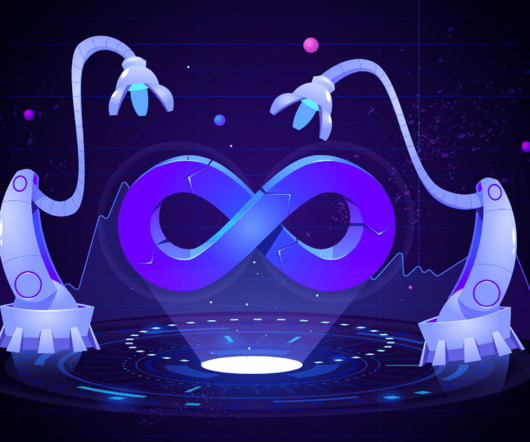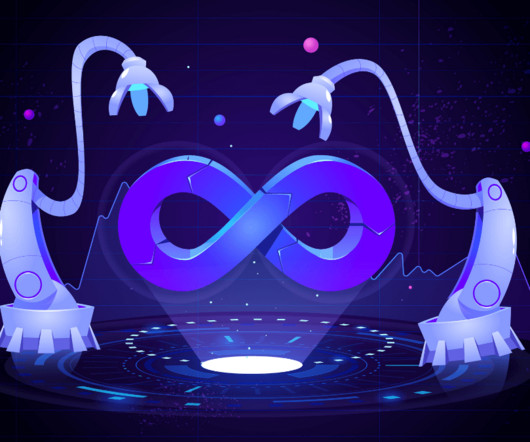Understanding the Role of DevOps in Digital Engineering
OTS Solutions
JULY 18, 2023
To meet this demand, enterprises have turned to DevOps and digital engineering practices to streamline their software development and delivery processes. In recent years, the rise of cloud computing , the Internet of Things (IoT) , and big data analytics has transformed the way organizations approach digital engineering.















Let's personalize your content